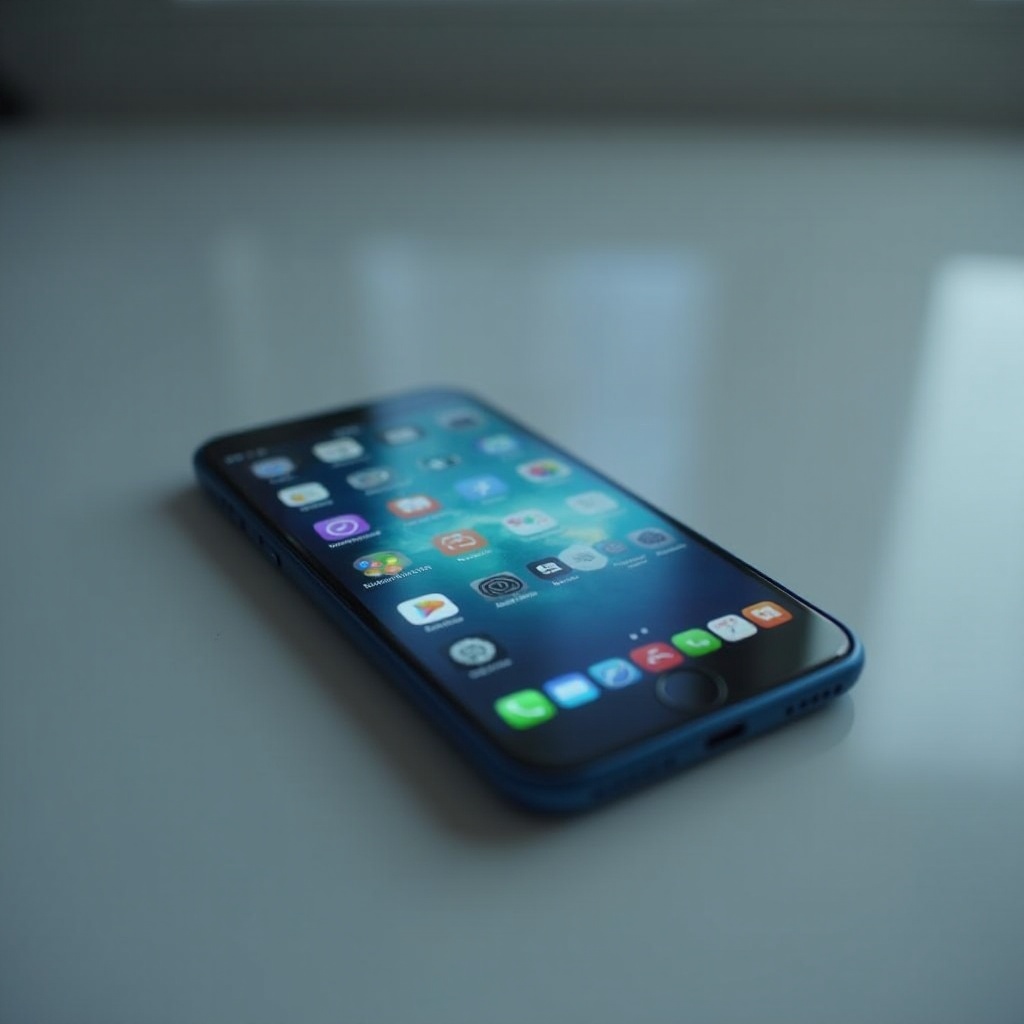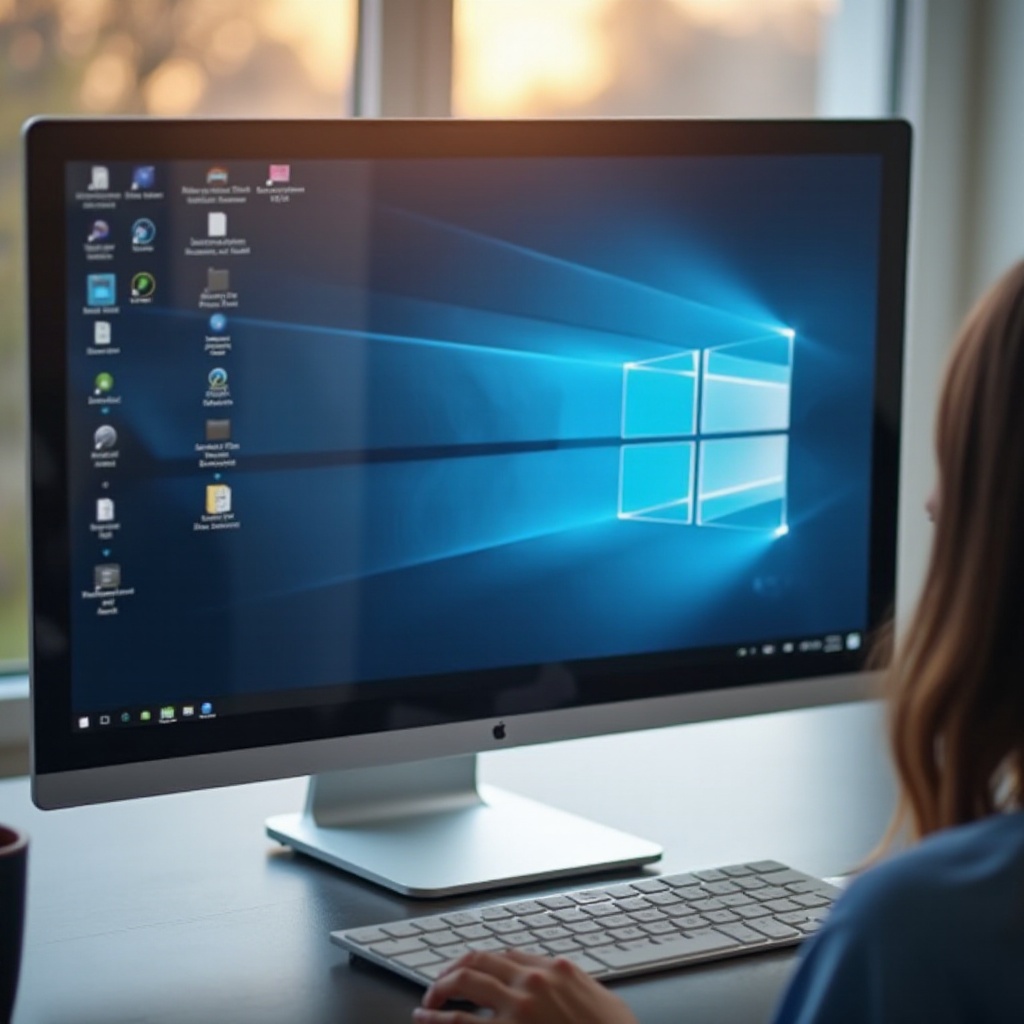Introduction
Computers, whether they are desktops, laptops, or tablets, often face performance issues that frustrate users. A once-fast device can become sluggish over time due to various reasons. Understanding the root causes of slow performance is crucial to finding effective solutions. This article delves into the common challenges faced by different computer types and provides actionable steps to restore their speed.
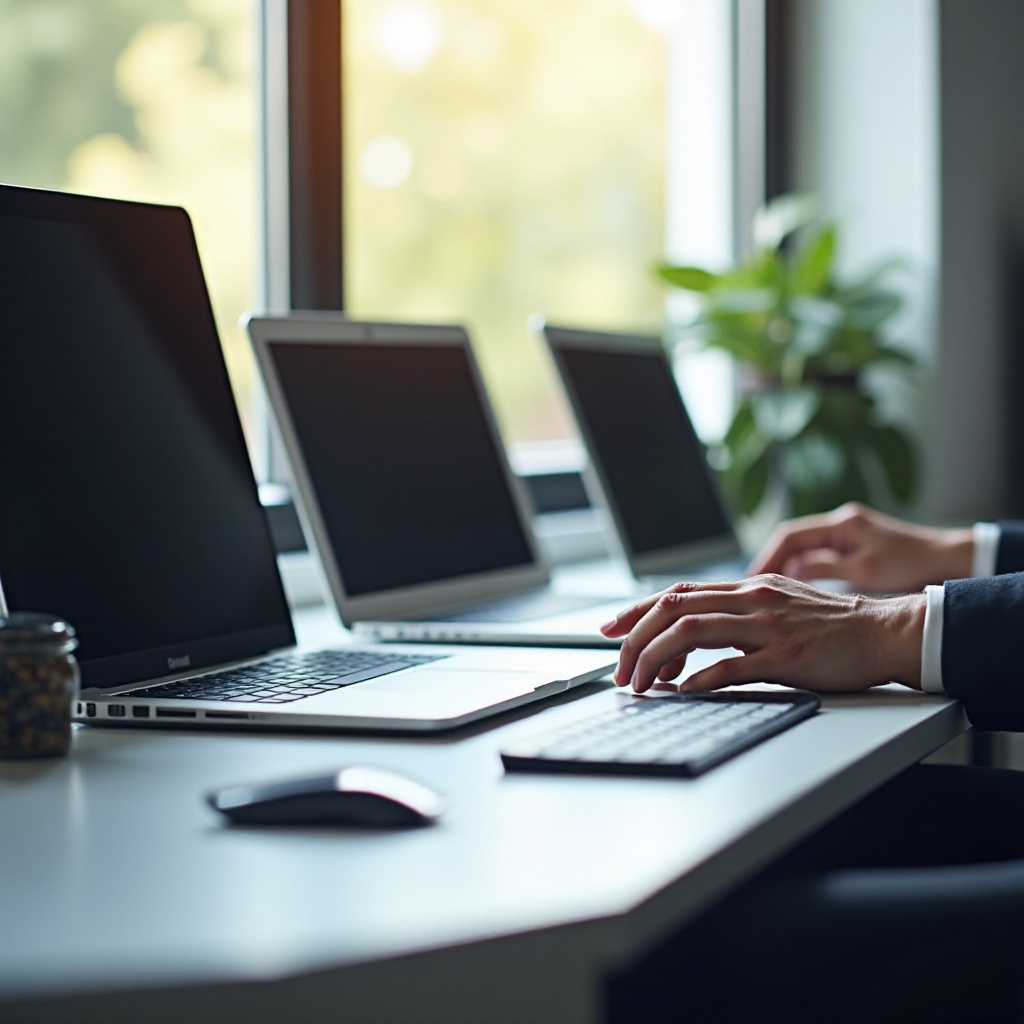
Types of Computers and Their Speed Challenges
Computers come in diverse forms, each with unique advantages and also distinct performance issues that can arise over time.
Desktops
Desktops are built for power and longevity, often performing more robustly with demanding applications. However, they can slow down due to accumulated software clutter and outdated components that fall behind technological advances.
Laptops
Laptops offer portability but at the cost of some power constraints. Their compact design limits cooling and hardware upgrades, making them prone to overheating and reduced speed with prolonged use.
Tablets
Tablets are designed for convenience and mobility, often with less processing power compared to laptops and desktops. Limited storage and simpler processors can lead to slower performance, especially if overloaded with apps and data.
While each computer type has its distinct problems, they all share commonalities that contribute to sluggishness. Recognizing these shared issues helps to tailor solutions effectively.
Common Causes of Slow Performance
Various elements can cause a computer to slow down, impacting productivity and user satisfaction. By understanding these elements, one can better pinpoint and rectify issues.
Software and Operating System Issues
Excessive background processes, outdated software, and operating system version incompatibilities frequently hinder speed. Regularly updating software ensures that you benefit from performance enhancements and security patches.
Hardware Limitations
Inadequate RAM, failing hard drives, or aging processors can drastically impact speed. Despite technological advancements, not every computer component ages gracefully. Regular reviews of hardware capabilities against software demands are crucial.
Malware and Security Concerns
Malware can significantly impact performance, and security vulnerabilities may lead to unauthorized access and data misuse, further degrading system speed. Regular scans and security updates help protect against these threats.
Understanding these causes is the first step in effectively diagnosing and solving performance issues. Once identified, addressing these root causes can vastly improve device efficiency.
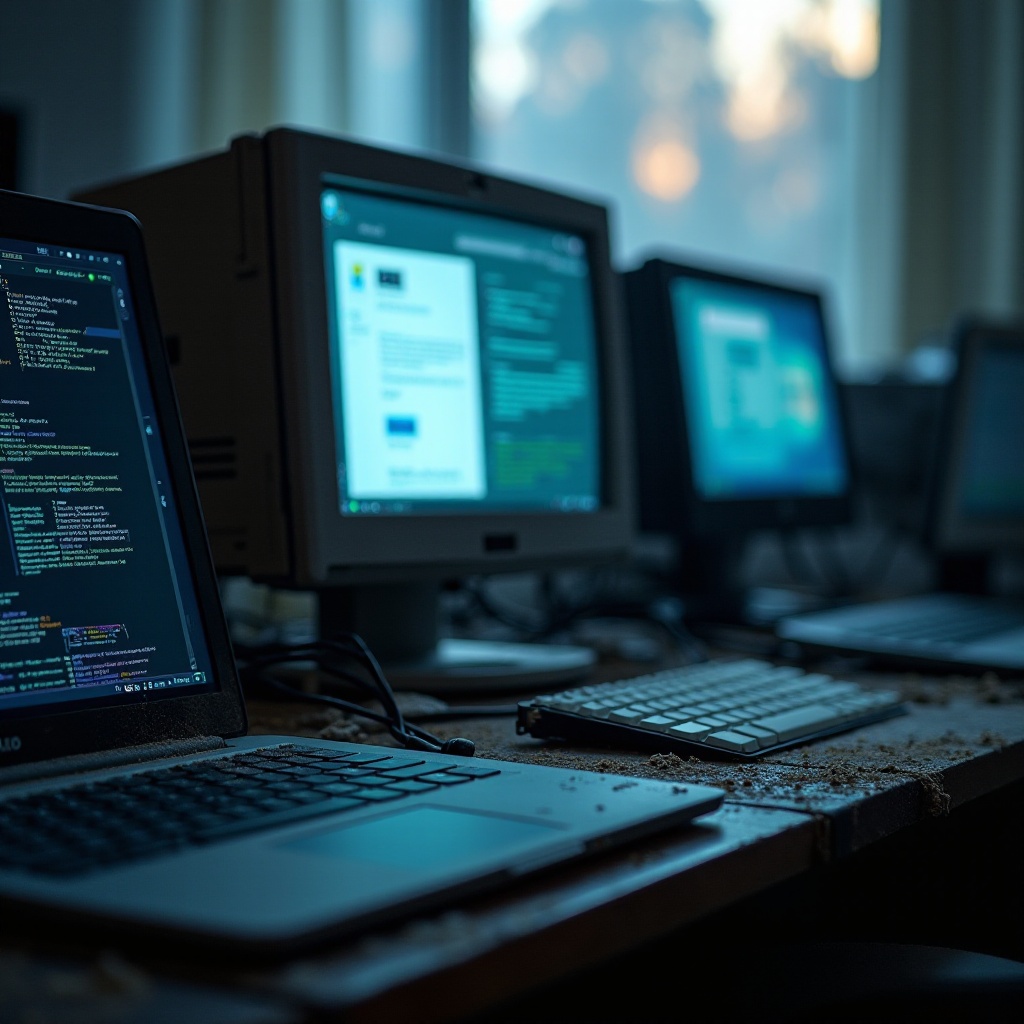
Diagnosing Performance Issues
Identifying the root of performance problems enables targeted solutions, ensuring that corrective measures are both effective and enduring.
Using Built-in Tools
Most computers come with built-in diagnostic tools. For Windows users, tools like Task Manager and Resource Monitor can highlight what’s slowing your computer. Mac users can utilize Activity Monitor to achieve similar insights.
Monitoring Resource Usage
Keeping track of resource usage can illuminate what consumes the most CPU, memory, or disk resources. Awareness helps determine whether issues stem from software bloat or other anomalies.
Recognizing Hardware Failures
Signs of hardware failure, such as unusual noises or frequent crashes, warrant immediate investigation. Utilities like SMART for disk health and diagnostic tests for RAM can assist in early detection.
Equipped with accurate diagnoses, users can proceed to apply specific solutions tailored to their problem areas, ensuring better performance.
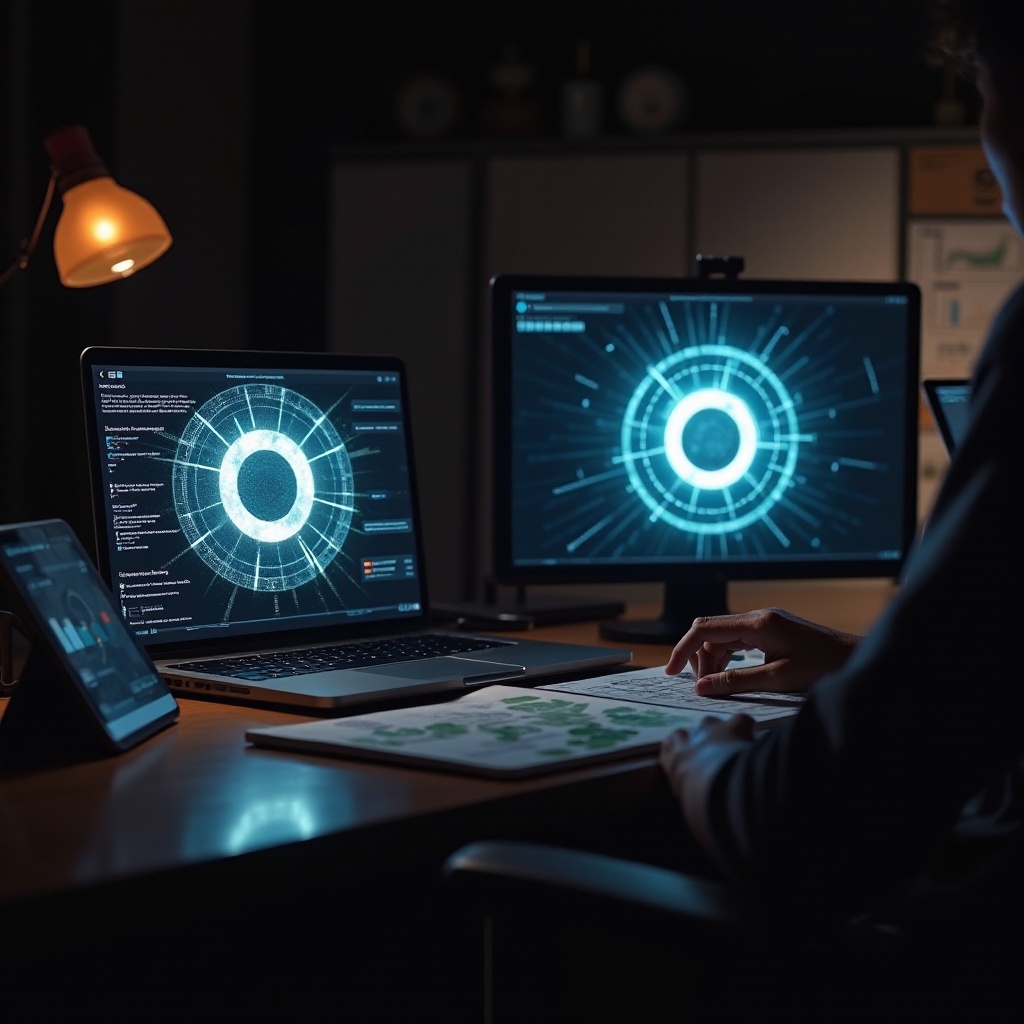
Solutions to Improve Computer Performance
Once you’ve identified the issue, implementing the right solution can significantly enhance your computer’s speed.
Software Updates and Optimizations
- Upgrade Software: Keep all applications and operating systems updated for optimal performance.
- Uninstall Unnecessary Programs: Free up resources by removing unused applications.
- Optimize Startup Programs: Limit startup programs to reduce boot time.
Hardware Upgrades
- Add More RAM: Increasing memory can lead to noticeable speed improvements, especially for multitasking.
- Switch to SSDs: Solid State Drives accelerate data access, enhancing overall system responsiveness.
- Regular Maintenance: Ensure components like the cooling fans and GPUs are clean and functional to prevent overheating and failures.
Security and Maintenance Practices
- Run Regular Scans: Use trusted antivirus software to perform frequent system scans.
- Enable Firewalls: Protect against malware by activating your computer’s firewall.
- Clear Cache and Temp Files: Regularly remove temporary files and browser cache to free up space and improve speed.
Regular maintenance and timely updates are essential to ensure that computers remain efficient and secure, able to perform at their best.
Conclusion
Understanding why computers slow down and how to fix them empowers users to make informed decisions and maintain optimal performance. Addressing both software and hardware factors ensures devices remain fast and responsive, whether they’re desktops, laptops, or tablets. By staying proactive in maintenance and updates, users can extend the life and utility of their technology.
Frequently Asked Questions
How can I tell if my computer is slow due to hardware or software issues?
Diagnosing hardware or software issues involves monitoring resource usage and noting performance patterns. Tools like Task Manager can help identify the culprit.
Are there specific settings that can help speed up my laptop?
Yes, reducing startup programs, disabling visual effects, and optimizing power settings can improve laptop speed.
What are the most effective malware prevention tips for maintaining computer speed?
Regular antivirus scans, updating software, and avoiding suspicious downloads are key to preventing malware.

